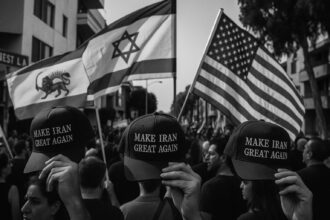Amid rising concerns over global conflicts, students at Columbia University and George Washington University are actively demonstrating, reflecting a significant spike in campus activism and debates.
In May 2024, Columbia University witnessed a wave of protests by students advocating for Palestine solidarity, calling for an end to perceived complicity by Israel and the US in actions in Gaza. These protests echo historical campus movements, notably the 1968 anti-Vietnam war protests and the 1985 demonstrations that led to Columbia divesting from companies linked to apartheid South Africa. The current protests are part of a broader trend of student activism focusing on holding institutions accountable, highlighted by the Columbia Prison Divest campaign.
Parallelly, Jewish students across US colleges, including George Washington University, are grappling with how to engage with the pro-Palestinian demonstrations and the complex emotions that come with the Israel-Hamas conflict. Around 150 Jewish students recently participated in a rally against antisemitism at George Washington University, seeking to foster unity and express their identities amidst growing campus tensions.
The situation on campuses is generating heated debates and occasional clashes, with student organizations working to curtail hate speech and promote dialogue. Groups like Hillel and the Israeli-American Coalition are organizing further rallies in support of Israel, aiming to demonstrate solidarity and respect for all parties affected by the conflict.
Both movements illustrate the ongoing dynamic of student activism in US universities, addressing pressing global injustices and conflicts, and aiming for systemic change and dialogue among diverse student bodies.













